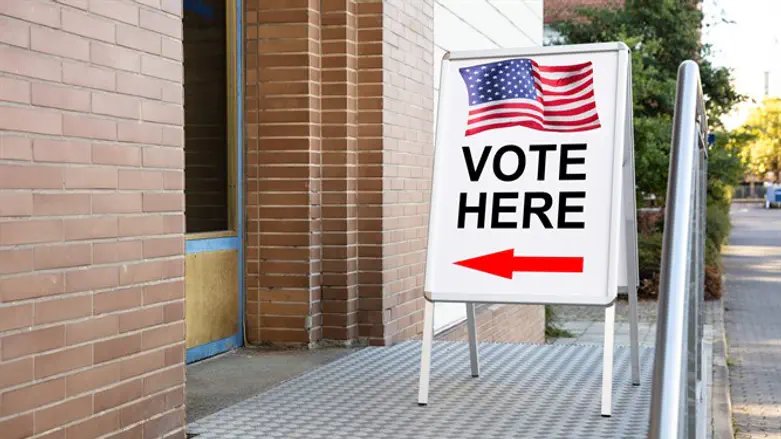
Texas announced on Tuesday that it would be filing a lawsuit in the Supreme Court against four battleground states in an effort to halt presidential electors from finalizing President-elect Joe Biden's victory.
The extraordinary lawsuit, announced by the Republican Attorney General of Texas, Ken Paxton, was filed directly with the supreme court, as is permitted for certain litigation between states.
The Texas case was docketed on Tuesday afternoon, meaning the Supreme Court has agreed to hear the case.
The court issued a deadline of roughly two days from their acceptance of the case of Thursday, December 10, at 3:00 p.m,, for the four states involved to file a response with the court.
Texas argues that electors from Georgia, Michigan, Pennsylvania and Wisconsin – all states won by Biden – should not be allowed to cast their votes in part because those states unconstitutionally changed their voting procedures during the coronavirus pandemic to allow for increased mail-in ballots.
Paxton alleges that the new voting processes in the battleground states skewed the presidential election results and asked the Supreme Court to delay Monday's deadline for the Electoral College to make Biden's victory official.
"Their failure to abide by the rule of law casts a dark shadow of doubt over the outcome of the entire election," Paxton said in a statement quoted by The Hill. "We now ask that the Supreme Court step in to correct this egregious error.”
Paxton's 154-page complaint echoes the legal arguments made by President Donald Trump and his allies in courts across the country seeking to overturn election results in key states Biden won.
Paxton's counterparts in Georgia, Michigan, Pennsylvania and Wisconsin spoke out against the suit on Tuesday.
Meanwhile on Tuesday, the Supreme Court rejected an effort by Republicans to reverse Biden’s victory in the state of Pennsylvania.
The court rejected a petition from Trump ally Rep. Mike Kelly, a Pennsylvania Republican, who argued that virtually all of the state’s mail-in ballots were unlawful, according to CNBC.
The decision was announced in an order with no noted dissents.
